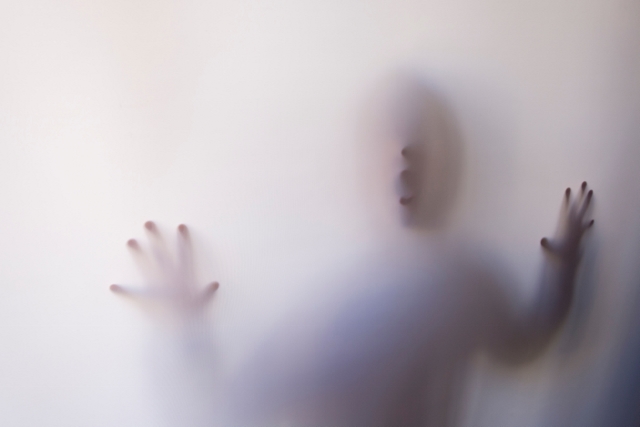Hint: It’s not the Wizard of Oz, or is it?
Just the title of this article can make some conspiracy theorists go crazy. In the COVID-19 era, ask yourself this, “is any of this real, or are we living in a Twilight Zone episode?”
Conspiracy theorists … Who doesn’t love a great mystery, right?
We all have a unique worldview. It’s formed by our expectations, assumptions and ideas about the way the world works. By the time we are five years old, we have already acquired 50% of the knowledge we will learn in our lifetime. This includes language, thinking, problem-solving skills, and yes, biases too.

Conspiracy theory or fact?
Dr. Ben Carson is someone I believe to be a high-integrity leader, with a strong moral compass. Even he has made reference to the “Puppet Masters” and people behind the curtain trying to control us. What I’d like to know is who are these people, and what is their end-game?
Much like you, I could come up with a few names of powerful people, career politicians, news media outlets, and various special interest groups, if I were to hazard a guess.
Who’s behind the curtain?
But let’s take a different approach. Consider all of the many influencers in our lives beginning with our birth. Our parents and other relatives, neighbors, friends, teachers, coaches, pastors, politicians, law enforcement, the news media, advertisers, lobbyists and special interest groups, foreign governments. The list can go on and on.
The point of this is to suggest there numerous people, organizations and groups “behind the curtain” who want to tell us what to say, how to act, what to wear, what to eat, what TV shows to watch, who to vote for, etc. on a daily basis. We are bombarded by more than 4K messages every day, so it can be easy to get sidetracked and lose perspective.
Open-minded people have a different perception of reality. This can be both good and bad. The danger associated with open-mindedness is we are more readily influenced. Essentially, cognitive bias results from having an idea or theory and sticking with it, even when there is clear evidence or opinions to the contrary.
So, is this notion of who’s behind the curtain a cognitive bias as psychologists suggest, or is it real?
Does it pass the sniff test?
Psychologists tell us self-imposed cognitive biases that impact our relationship to the world can be deconstructed and even discarded by further examining our assumptions and shifting our expectations. Only when we realize that our anticipated experience doesn’t match reality can we alter our perspective.
God gave us a brain and free will for a reason. To allow us to make intelligent, logical, rational life choices that are reality based, given the information available to us at the time. What we have control over is our thoughts, our actions, our vote, and how we treat others, to name a few important things.
What we can control … outer space vs. inner space.
A better question may be, “Does it really matter who’s behind the curtain?” If we assume that we have little or no control over what occurs in the “outer space”, then it’s pointless to waste time thinking about it.
I’m not naïve. I truly believe there are people in this world whose motives toward others are not altruistic. For whatever reason. However, conspiracy theories, spying, and organized chaos with the intent to do harm are things above my pay grade. So I try to focus on things within my wheelhouse.
I can’t control what goes on in the outer space. However, I can control my inner space.
Improving our inner space, in my opinion, is what we all should spend more time on. This will go a long way toward improving the quality of our lives, and the world around us.
Enjoy the journey!
John
COPYRIGHT © 2020 John Carroll